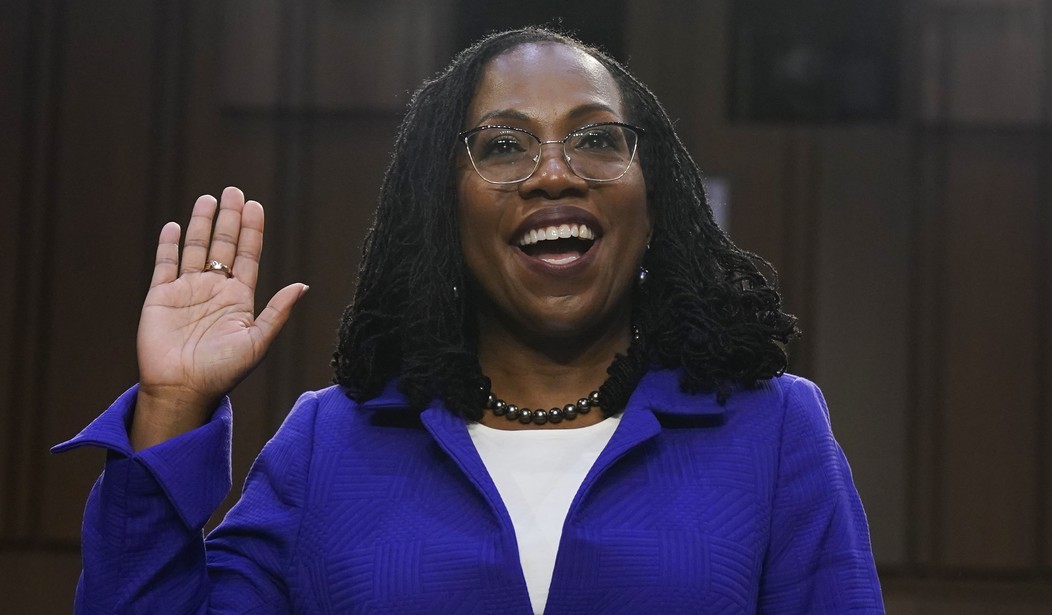Vox is a wellspring of silly, utterly absurd takes. Since opening for business in 2014, it’s published innumerable absurd articles explaining things that need no primer. It’s explained so many, that a new verb was invented – “Voxsplaining.”
There are quite literally dozens of absurd “Vox explains what [ X] “really meant” — so much so that it would fill a book. Here are a few.
In 2015, Vox Voxsplained that the Charlie Hebdo murders couldn’t be explained via the Hebdo cartoons mocking Islam’s Muhammad. Sure Charlie Hebdo constantly mocked French Muslims and their “prophet,” but who really knows what all those Muslims were there to do? Other than the murderers telling the world they were there to murder cartoonists, it remains a head-scratcher.
And who can forget Gillette’s Super Bowl Ad in 2019? Gillette dumped on every man living, labeling men as a collection of misogynist creeps. Vox jumped in to Voxsplain the Ad for America. Vox told us what the Ad really meant. It wasn’t just casting a net that “men are awful”; no, it was really an Ad:
“representing centuries of societal glorification of male violence or to make a compelling argument that proves women are people.”
Per Vox, it was a noble but failed effort. No Voxsplaining needed. It was just a woke garbage advert to sell razors to men while directly insulting every man alive. Gillette managed to tank its stock to the tune of $350,000,000 in 6 months.
On Tuesday, Biden’s Supreme Court nominee, Ketanji Brown Jackson, completed her second day of testimony, and was questioned about basics, like the basis for Dred Scott (she couldn’t recall) and about her sentencing record of sexual predators. She pushed back about her sentencing, which appears well below recommended federal guidelines. She “objected – she vigorously objected” to her sentences, and pointed out that she scolds each offender with the same story, before (in one case) sentencing the offender to three months.
And notably, she was also questioned about her past advocacy in regards to sexual predator registries being potentially unconstitutional. Her testimony reminded me of a Vox article (there is always one) that set its sights on Sex Offender Registries. Vox’s take on sex offender registries seems to align with the SCOTUS nominee’s past comments. In short, the length and breadth of sexual predator registries “are mean.” The Vox author crunched well over 3,500 words to explain that although a sexual offender registry was well-intentioned in the 1990s, it is “out of date” in the 21st Century.
In the first example of Voxsplaining, the author cites the case of a Texas man — Frank Rodriguez. He was a 19-year-old man who had sex with his 15-year-old high school girlfriend. Shockingly, her mother had enough with her 15-year-old having sex with an adult. He pled guilty to sexual assault and served seven years probation. They are married with four children but he was placed on a sexual offender registry.
Other examples are less sympathetic which explains the title: “Why the sex offender registry isn’t the right way to punish rapists”
Vox argues, there seems to be little evidence that registries work because the recidivism rate is low. I’m not a criminologist or statistician but, a low rate of repeat offenders maybe indicates that — it does work?
In the 3,500 words of Voxsplaining, the author doesn’t offer any concrete solutions, only to complain that a life on a sexual registry is awful and that registries, are public, and people can look up registrants in the area, that’s just mean. In many states, there are some allowances for a registrant to petition to drop off the registry for “minor sexual offenses,” but the author never mentions that.
Vox’s posits:
“Something designed for one purpose ends up getting used for something else. As usual, it happened because people can’t agree on what society wants to do with criminals to begin with. Is the point of the sex offender registry to punish people for what they’ve done? Or is it to ensure that they don’t do it again?”
Likely both, and I’m fine with that.
What seems worrisome is that Biden’s SCOTUS nominee seems to agree (and did in the past) that sex offender registries are “mean” and might be unconstitutional. If she’s seated and this issue is raised, maybe John Roberts will agree that registries are mean, and therefore unconstitutional. That would be a problem.













Join the conversation as a VIP Member